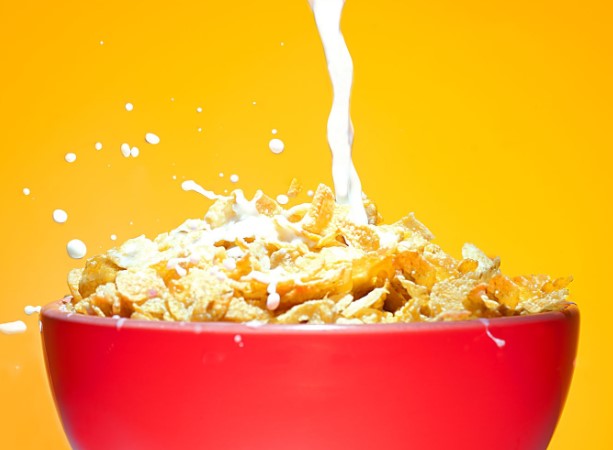I want to tell you something important that you might not already know. You know that delicious cereal we eat for breakfast? Well, I’ve been thinking, and I really think it’s not as good for us as we think.
First off, some cereals have lots of sugar. I know they taste amazing, especially the ones with all those cool colors, but too much sugar isn’t good for us. It can make us feel tired and not so good after we eat it. Plus, some cereals don’t have enough of the good stuff our bodies need, like vitamins and fiber. They might fill our stomach for a bit, but they don’t give us the energy we need to play and learn throughout the day. I also noticed that some cereals have ingredients that are not supposed to be in cereal. Those little ingredients might not be good for us either. It’s like, if we can’t even name them, should we really be eating cereal?
And this is beyond just cereal. It’s about the sugar that we need. It is said that “Children and teens should consume less than 6 teaspoons of ‘added sugars’ a day and drink no more than 8 ounces of sugary beverages a week, according to the American Heart Association’s first-ever scientific statement recommending specific sugar limits for kids.” I looked up how many grams are in a teaspoon of sugar, and I found it was 5.69 grams. My favorite cereal is Cinnamon Toast Crunch, and in 2 cups it has 20 grams of sugar. That’s more than half the sugar you’re supposed to have the whole day.
Here are some facts to why cereal is good for us from Kellogg, a company that makes cereal:
Fact #1: “Making breakfast cereal is a simple process that starts with wholesome grains like wheat, rice, corn, barley, and oats. For example, sun-ripened golden corn is simply cooked, lightly flattened and then gently toasted to make them into ready-to-eat cereals in just a few steps. Ready-to-eat cereal helps you to start your day with energy and key nutrients that you would otherwise miss if you skipped breakfast.”
Fact #2: “Regular breakfast cereal eaters have been found to have lower BMI. Research suggests that ready-to-eat cereal consumers were less likely to be overweight or have abdominal obesity as compared to other breakfast consumers. Eating cereal as part of a
























